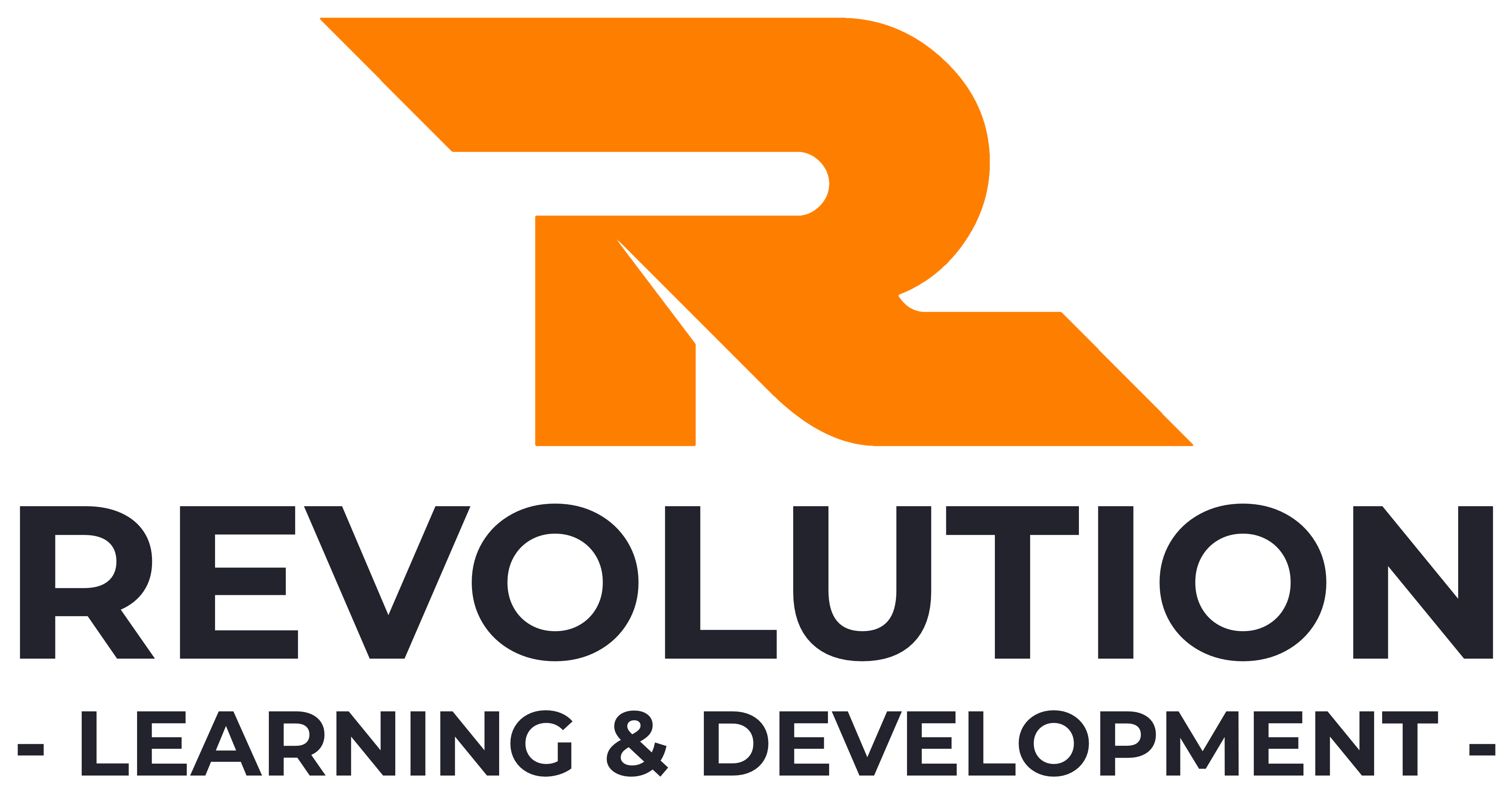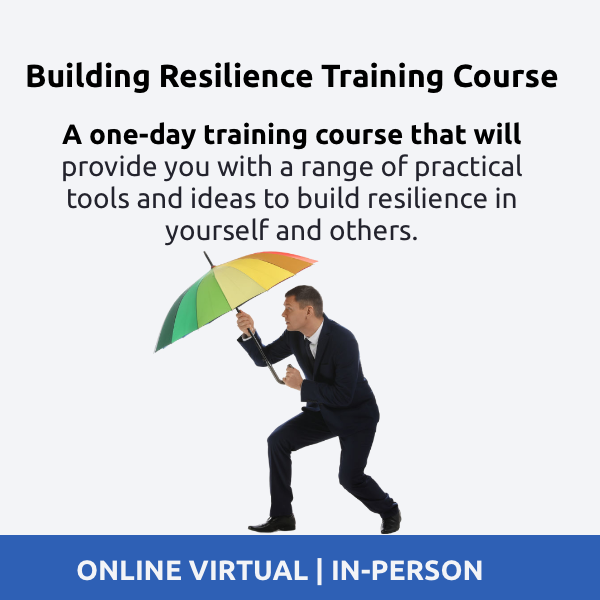Background
What is mindset? Why is it important? You may have heard this term used before in the context of ‘they had a positive mindset’ or ‘they were not in the right mindset’. You may have even used these terms yourself, but what do we mean when we use the terms mindset, and why is it important that we know what mindset is?
Mindset can control what we do and what we don’t do. It can make us feel a certain way. It ultimately can affect how we live our lives positively and negatively. Mindset can be controlled and, if we understand how to do that, we can lead a much more positive life. We can get more done, achieve greater things and build much stronger relationships.
What is Mindset?
Before we understand how to change our mindset, we first need to answer the question of what mindset is.
Mindset is a collection of beliefs, behaviours and attitudes that shape our feelings, actions and habits.
- Beliefs – internal thoughts that we have been told or told ourselves so often that we now believe to be true
- Behaviours – external actions that we show other people or we observe in others
- Attitude – how we decide to respond to internal and external events
Our attitude, or the decision to negatively react or positively act toward an internal or external event, will be largely driven by our mindset. If our mindset is not healthy (or negative), we are much more likely to look at things negatively than positively.
Our mindset is, therefore, not one thing. It is all of the above together. One can influence the other if one is negative. In order to have a positive mindset we need to have a positive belief (or self-belief), demonstrate positive behaviours and actions and act more positively rather than react negatively.
Fixed Mindset Vs Growth Mindset
In her book Mindset: The New Psychology of Success: How We Can Learn to Fulfill Our Potential, Carol S. Dweck, PhD, suggests there are two different mindsets – Fixed-Mindset and Growth Mindset.
Fixed Mindset – we believe that where we are now is as good as we can be, and we can’t change, improve or get better.
Growth Mindset – we believe that we have the capability and capacity to learn new things, grow and improve and move on to bigger and better things.
A fixed mindset can span back to our childhood. As we discussed above, having negative beliefs, behaviours and attitudes contribute to all of this.
Tony Robbins says ‘where focus goes, energy flows’. If we focus on the negative, we tend to feel even more negative.
Tony Robbins says 'where focus goes, energy flows'. This means that if we focus on the negative, we tend to feel even more negative. Share on X
The Impact of Mindset
Our brain has this sort of checkpoint built into it. It’s set by our mindset and can challenge us if we try to do too much above what we believe we are capable of. This is the case with a fixed mindset.
You could imagine if you try to go above this level, your brain saying ‘whoah there, you know you can’t do this. What are you doing?’. This check brings us back to our level point. At the same time, it can do the opposite too – ‘whoah there, you know you are better than this. Why are you thinking like this?’. And just like that, we’re back to our level point.
If we allow this to control us, we will always have a fixed mindset. We need to break through that barrier or that level, which comes from generating more positive self-belief, consciously choosing a more positive attitude and demonstrating more positive behaviours.
Further Learning
To help further answer the question of what is mindset, you may find attending a training course on building personal resilience can help. Take a look at our Building Resilience Training course for more details.




